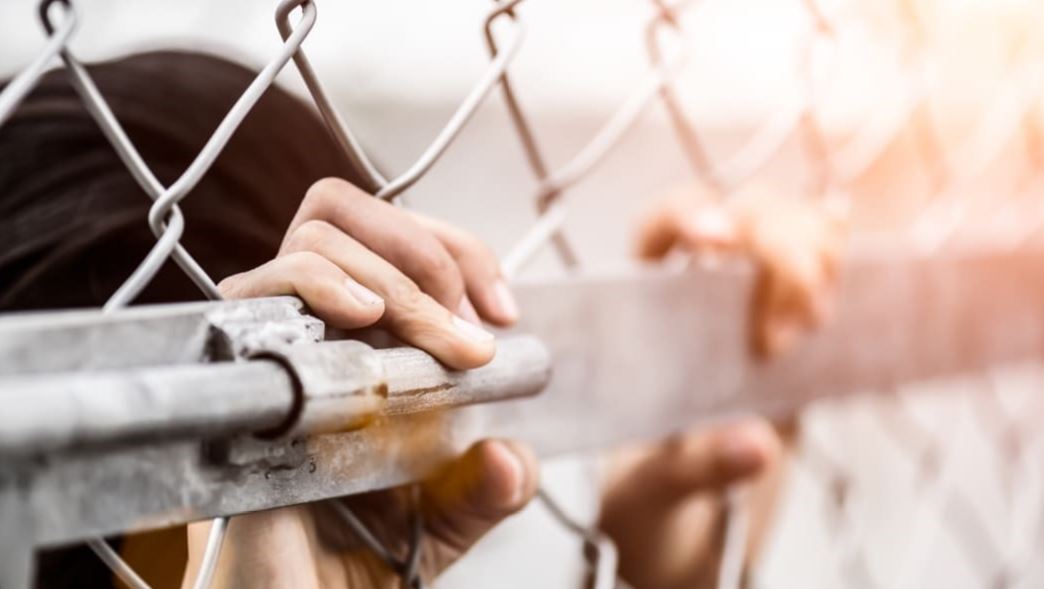New project aims to stop human trafficking in four Pacific countries
Thursday 11 August 2022 | Written by RNZ | Published in Pacific Islands, Regional

Photo: 123RF
The United States government has launched a $US10 million five-year project to stop human trafficking in the Marshall Islands, Fiji, Papua New Guinea and Tonga.
The programme is being implemented through the development agency USAID in partnership with the Asia Foundation.
The project - known as the Pacific Regional Initiative and Support for More Effective Counter Trafficking in Persons (Pacific RISE-CTIP) - aims to engage government, civil society and the private sector.
The US State Department has released its annual human trafficking report which shows the Marshall Islands improved its ranking this year from Tier 2 Watch List to Tier 2.
This means that while the Marshall Islands does not fully meet the minimum standards in the elimination of tracking, significant efforts are being made to comply with international standards.
Tonga's Police Commissioner Shane McLennan said at the launch that the opportunity to work with USAID and the Asia Foundation is a welcome move.
"Today's milestone is another step in continuing our national efforts of collaboration across sectors and partnering with our community to ensure that we have a robust framework for improving prevention, protection and prosecution in countering trafficking in persons."
Pacific seen as weak by gang leaders
At this month's inaugural Pacific regional law enforcement conference in Nadi, Fiji's acting defence minister, Jone Usamate warned that Pacific Island countries are seen to be a source, a transit, and destinations point for human trafficking.
He said human trafficking degrades a victim's basic human rights and Pacific Island countries' borders, limited border security capabilities, and developing socio-economic backgrounds makes the Pacific vulnerable.
"It is because of these factors that organised criminal syndicates see our region is an opportunity to progress they're high profit, and low risk illegal operations.
"So, it is pertinent, it is important, it is critical that these types of forums must be held that we must talk about these challenges, and how best we as a region can use our resources collectively to fight together as one."




















































